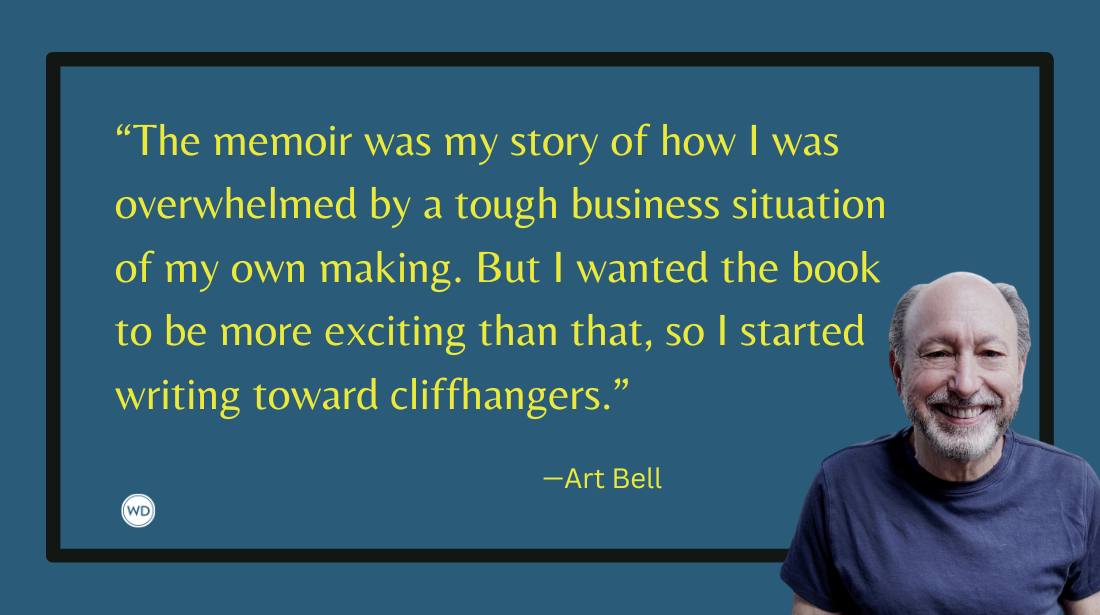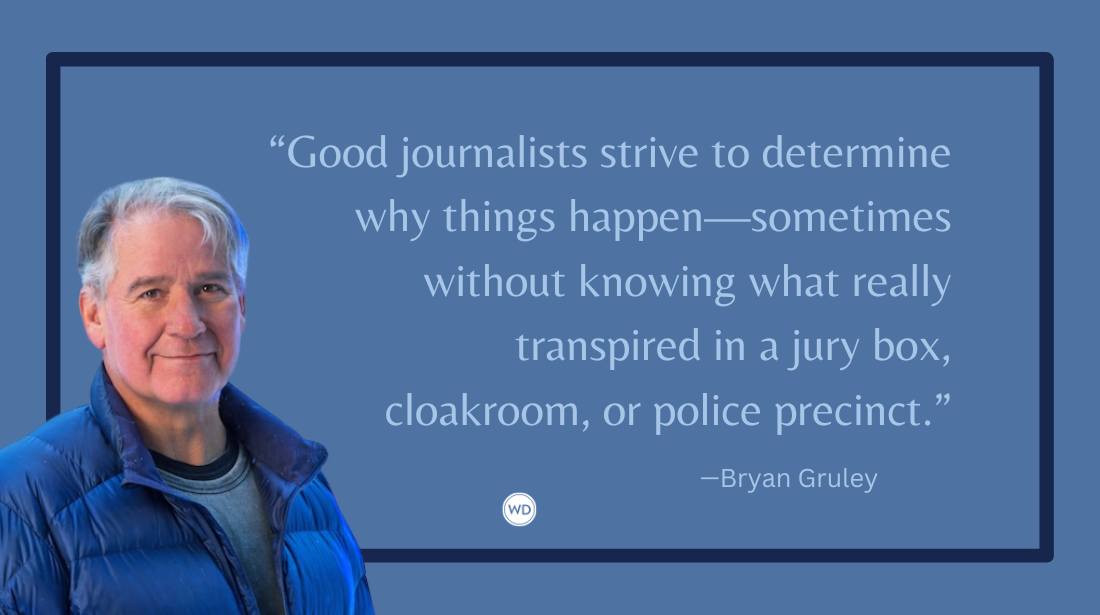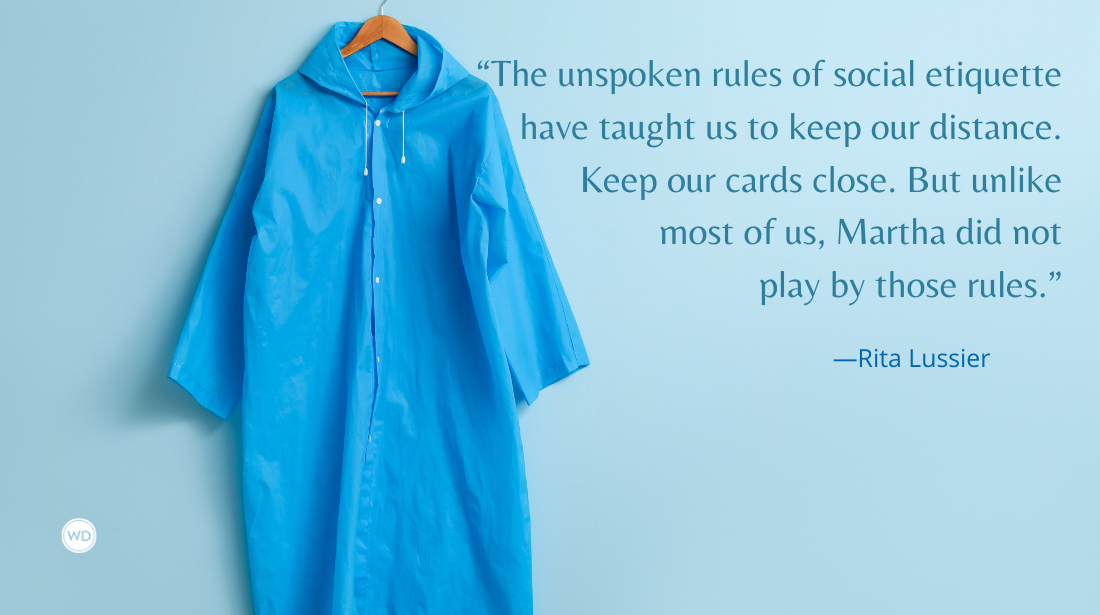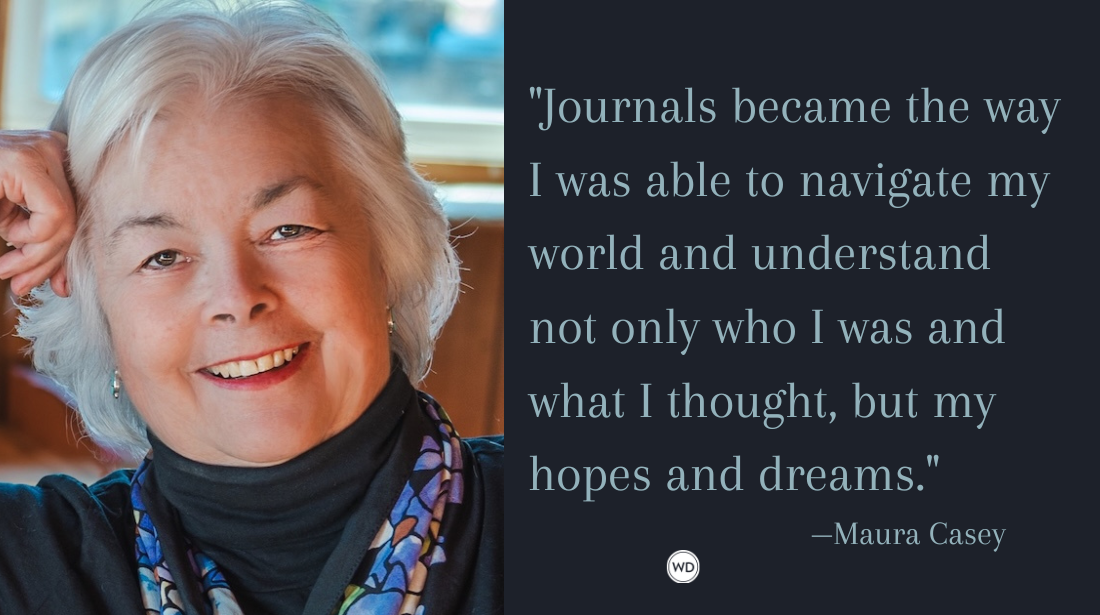15 Promotional Ideas for Nonfiction Authors
For the introverted writer, the process of promoting your book may seem to be a daunting, even frightening undertaking. Here, nonfiction author Rick Lauber lays out 15 promotional ideas for authors to get their books into as many hands as possible.
Books don’t just write themselves. Books don’t just sell themselves, either. Getting a book into a customer’s hands takes a team effort with publishers, retailers, distributors, and authors all collaborating to help promote and market books. As authors know their work best, they must lead the charge and become their own best salespeople.
However, for often-introverted writers, self-promotion doesn’t always come easily, but it does become necessary. The good news is there are many more subdued strategies that an author could use. From my own experience moving from being a freelance writer to a published book author, here are a few simple and effective recommendations.
Build a website
With realizing the importance of having an online presence, this was one of the first things I did after writing my first book. Author websites don’t have to be fancy, but they should grab and keep a reader’s attention, as well as be easy-to-navigate. (Limit the amount of information and ensure that all included links/buttons lead the reader to where you want them to go.)
Include an attractive home landing page, an author bio page, a “book(s)” page (summarizing your work and explaining where it is available for purchase), an “appearances” page (including previous and upcoming events), a “media” page (including media coverage of the author), and (most importantly) a means of contacting the author.
Remember that the best websites should be professional and active. Keep the site’s material current and changing—my website designer has embedded a live Twitter feed on my site. This is a simple tool that automatically shows my daily tweets and always gives website visitors something new to read.
Alternating author photos (or head shots), including an e-newsletter/blog, sharing new book reviews, or creating contests can also provide variation and help to personalize an author’s website.
Create a Facebook “book” page
Facebook isn’t just for chatting with friends, playing Scrabble, and sharing vacation photos. Nonfiction book authors can easily create a secondary page to promote their work. With a Facebook book page, you can tell your readers about yourself and your book(s), interact with them, post regular messages, join discussion groups, and more.
Sign up for Twitter
Depending on a book’s subject matter, there can be much to share (or tweet) with your followers. With my writing about senior caregiving, I’ve provided links to media stories about eldercare, managing tips, COVID-19 issues in long-term care homes, study results, scientific research, how-to videos, helpful resources, inspirational quotes, and so on.
As a regular practice, I also routinely share direct links to newspaper stories and blogs I have written—this has led to further writing opportunities, and could help to generate further book sales (as readers may be interested in reading more of what I say about caregiving and caregiving issues).
Nonfiction book authors running dry on ideas for their own tweets can “retweet” (or share) messages from others. Retweeting can also become an excellent way to become more recognized and to build one’s own Twitter followers. Other social media platforms (e.g. Reddit, Quora, Instagram, and Youtube) may also prove to be helpful and be worth exploring.
Design a business card
Face-to-face meetings can give the nonfiction author the opportunity to share a smooth “elevator pitch” (a 30–60 second introduction to his/her book), but customers may not always remember all the details. By having a business card ready, the author can provide that necessary reminder and appear far more professional.
Nonfiction authors can also explore other promotional items—depending on the author’s budget: bookmarks, coasters, computer mouse pads, refrigerator magnets, and coffee mugs can all be personalized for giveaways at in-person events.
Write in support of what has been written
I have managed to land supplemental new and regular writing gigs where I discuss seniors, caregivers, and related issues. As newspaper, magazine, or online contributors, authors can get valuable name and book title mentions. “One-off” pieces provide some publicity, but authors establishing themselves as regular columnists build credibility and reach more readers (if you are interested in becoming a columnist, submit a few articles to an editor first to establish recognition and trust before asking about any opportunities).
Develop a newsletter/e-newsletter
Chances are good that a nonfiction book author will have more to say about his/her subject matter than what their book contains. With a newsletter/e-newsletter, an author can share personal information, news stories, book updates, etc., as well as keep in front of potential customers.
Share book reviews
Compliments from other readers can help to sell books, but readers are not always forthcoming with sharing their thoughts. Therefore, an author could scan Amazon, reach out to other book authors, and suggest exchanging book reviews.
Newspapers and/or magazines may have a book reviewer on-staff who may be swamped with book submissions from other authors. Professional book reviewers exist but they will charge for their services. Another author may agree to a simple trade-off.
Sign up for Help a Reporter Out (HARO)
HARO is a free service where newspaper reporters seek out interview subjects for their story assignments. And published book authors make for popular and credible interviewees! Stay on top of these regular emails, and respond promptly as reporters often work under tight deadlines.
Learn more about HARO and register here. On a similar vein, podcastguests.com aims to match expert guests with podcast hosts. Learn more about and register for this service here.
Become a guest blogger
While blogging can be an excellent means of marketing one’s own work and reaching prospective customers, bloggers can struggle sometimes to come up with fresh ideas for content and/or find the time to create blogs. A guest blogger can be welcomed to provide a new voice and new material. Guest bloggers may, or may not, be paid for their contributions, but they will routinely be offered a sign-off “blurb” where they can mention their name, book title(s), and website address.
Create an email signature
Instead of just signing off every sent e-mail with your name, identify yourself as the “Author of ______”. Various online signature generators (e.g. mysignature.io) exist to help nonfiction book authors. Email signatures also save on typing time as they will automatically appear with every message typed and can include website/social media addresses, motivational quotes, and graphics.
Carry “car stock”
Car stock is a supply of books which authors can store in their own vehicle. Discussions/meetings with others could lead to opportune moments for authors to sell their books. Producing a copy of a book immediately will more likely lead to a sale.
More extroverted writers could also pursue the following opportunities:
Schedule author readings
Where will your readers—and potential readers—gather? Approach public libraries, coffee shops, writer’s conferences, business groups, Rotary clubs, and so on to share your work. Granted, as the pandemic continues, in-person events are not always possible, but authors could still arrange successful readings through Zoom.
Schedule bookstore signings
It’s been one and a half years since I did one of these due to COVID restrictions, but I have found such events to be enjoyable and fruitful (with both selling books and making new contacts). Bookstore managers welcome visiting authors and can be very accommodating. Customers can appreciate meeting the author personally as well.
Book signings can be arranged in different ways. Firstly, a bookstore which carries an author’s book may order in extra copies for a visiting author to sign with sales leading to increased royalty payments. Secondly, a bookstore may accept a consignment deal (where an author brings in his/her own copies and offers a percentage of sales—typically, 30–40% of the list price) to the bookstore.
Consignment selling has its drawbacks for authors—these require invoicing and possible follow-ups (if payment is delayed).
Consider public speaking
Introverted authors may cringe at the idea of getting up on stage to talk to an audience. But practice does help. I’ve worked with a Toastmasters group to become more comfortable with public speaking. Resist the urge to flagrantly hawk your book (or “pitch from the podium”) during your presentation. Instead, set up a table for “back of the room sales” after your talk. Authors may also be offered a small honorarium for a presentation.
Participate in media interviews
Those in the media are always looking for interesting and engaging stories and interview guests. If an author can offer a connection with something timely and topical in the news (or a follow-up to a recent published/broadcasted story), all the better. Preparing and sending press releases are the best ways to get media attention. Another avenue might be to write letters to the Editors of newspapers.
The bottom line is that nonfiction book authors need to publicize themselves and their work to help sell books. Over the years of promoting my own written work, I have become less tense with this and increased my self-confidence. Like many other things, self-promotion does become easier with practice. Self-promotion can vastly increase book sales, and putting your foot out can be very worthwhile and—dare I say it—fun.
Rick Lauber is the author of two published guidebooks for caregivers: Caregiver’s Guide for Canadians and The Successful Caregiver’s Guide. In addition, he is a twice-selected story contributor for Chicken Soup for the Soul and an established freelance writer. www.ricklauber.com.








